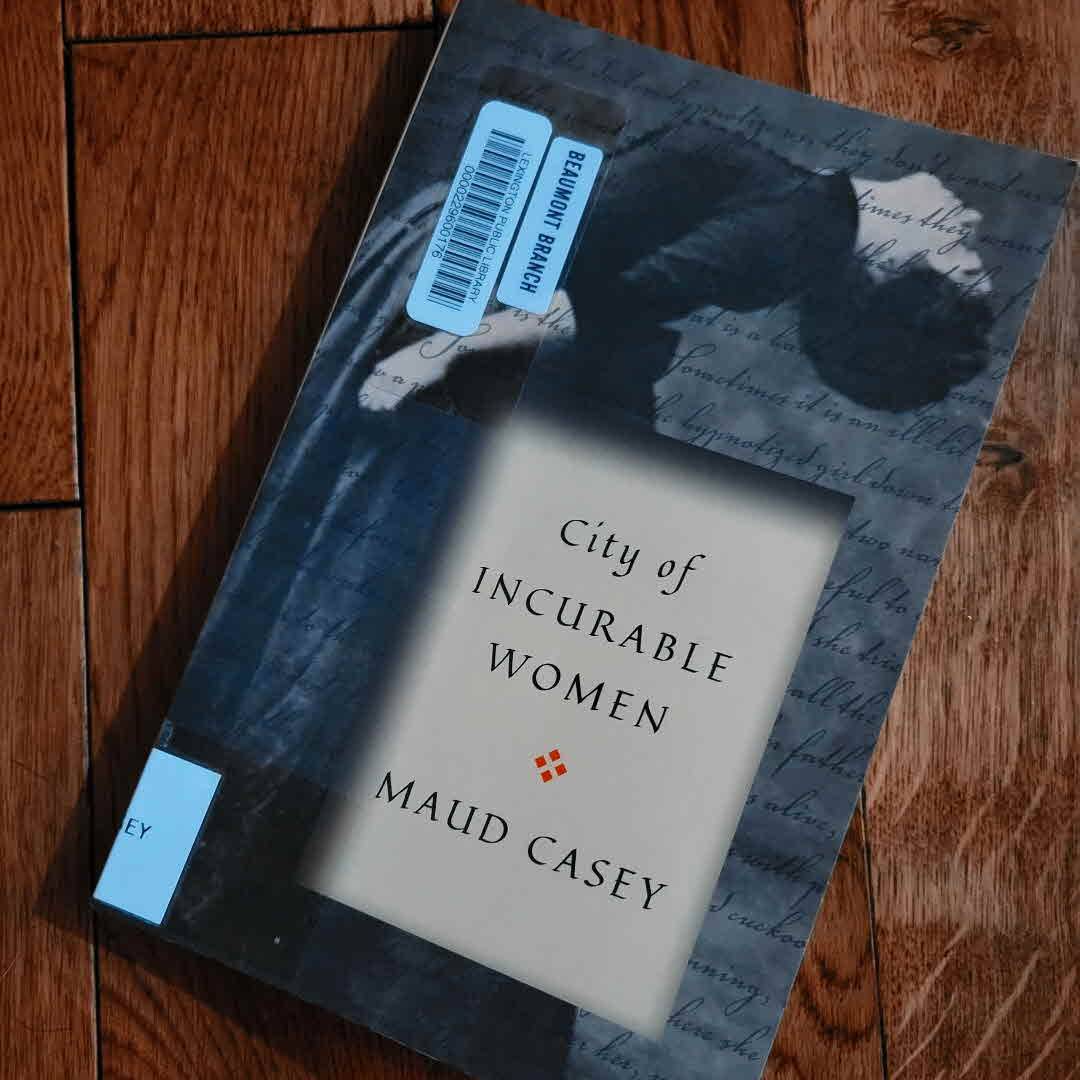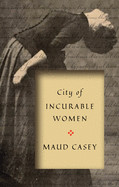
This brief work imagines an infamous--and real--hospital for hysterical women from the perspective of its inmates. Their fragmentary lives, the bizarre performances rewarded by exploitative doctors, the actual photographs from the hospital archives--it all blends into a strangely compelling fever dream, an urge to stake claim to individual identity in the face of an imaginary illness invented and described by men to give them power over women.
11 likes1 stack add


















